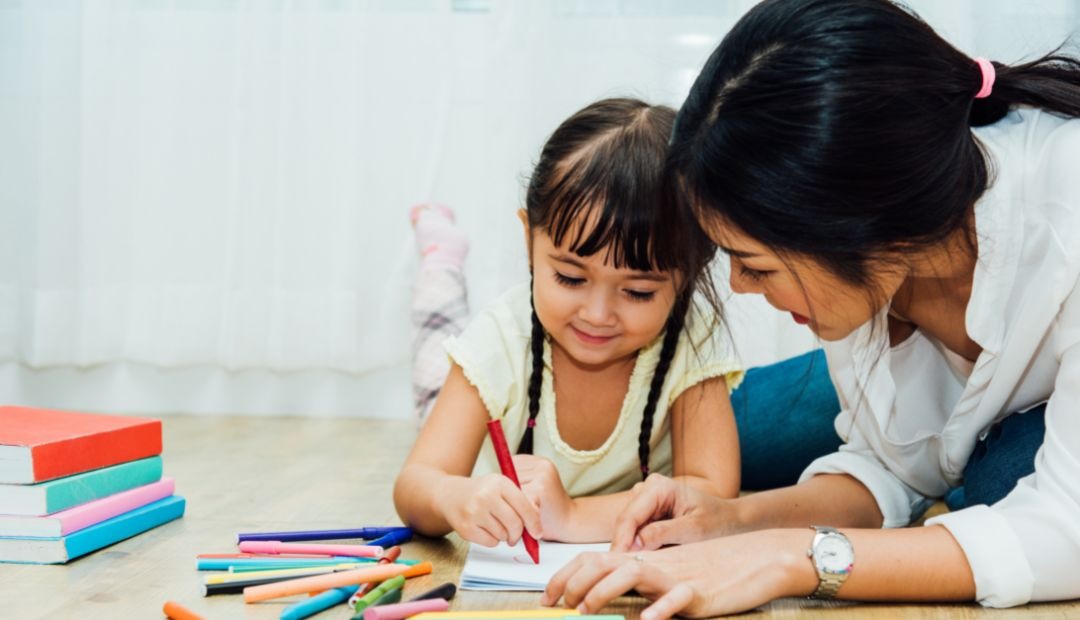Being a single parent is never a hindrance to raising a healthy and jolly child. Although the typical family has two parents, nurturing a child to their best potential doesn't have to be the typical way. You can raise the best child in the classroom on your own, all by yourself.
From honing your child's holistic skills to helping them communicate their feelings, everything depends on the approach and the manner you interact with them—regardless if you are doing it alone or with a helping hand.
Here's how to raise a happy child as a single parent.
Know the challenges
As a single parent, you have the sole responsibility of raising your child. That means that all the possible challenges and obstacles along the way will all be faced by you...alone. Therefore, it is a must that you familiarize yourself with these challenges at hand. In this way, you can prepare ahead and efficiently address these concerns the instant they arise.
For once, you should anticipate and prepare yourself to answer your child once they begin asking about their other parent. This is one of the most common questions that come up among single parents and one that you should be ready to face as well.
Listen to your child's feelings and understand their needs
Make it clear that your child can always open up to you about anything. From the very random things to the most serious discussions, let it be known to your child that you are always willing to listen to them without judgment.
Having healthy and open communication with your child is a step in honing them to become effective communicators. This is also the best way, so you can cement your role as their safe place whenever something happens to them, either good or bad.
Moreover, understanding your child's needs can help you in becoming the "balanced" parent--not the "too much" and overprotective, helicopter one. You can understand your child's needs by asking them and letting them be open to you. Let them feel the love and attention without suffocating them. Learn how your child wants to be given this affection and need--is it by giving them a warm mug of milk while they are doing their homework? Is it by allowing them to join their best friend's slumber party? Understand and observe.
Discipline and love balance
Children will always be children, and they will always have their fair share of mischief. It's normal. But don't forget to teach them discipline.
You might be anxious that if you teach them the proper way of doing things, they might hate you and turn their back on you. Don't worry. You are still a parent, and one of your responsibilities is to raise a child with good manners. Yes, you want them to be happy and filled with potential, but it's also part of your obligation to raise a decent citizen in the community.
But how do you do that? The key is in the balance. Don't quickly jump on "scolding" and "blaming." Begin your discipline by inquiring about the "whys." If you don't know why your kid acted the way he or she did, then it's most likely that they won't also know why they are getting scolded. Help your child understand why they are being called out, and why they must not repeat the same behavior—but, without mainly relying on instilling fear. Remember, fear does not equate to discipline.
Likewise, apply positive reinforcement. If your child drew crayons all over your walls, instead of being fussy and negative about it, collect yourself and praise them that they are good artists--but the art can be better off drawn on paper. It's all about directing their misbehavior to the right path. They are kids. You are the adult. You should know better than these young ones who only need guidance. They will commit mistakes, and it's normal. It's all up to you though to make them realize and reflect on their actions.
